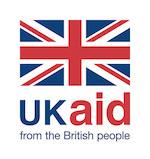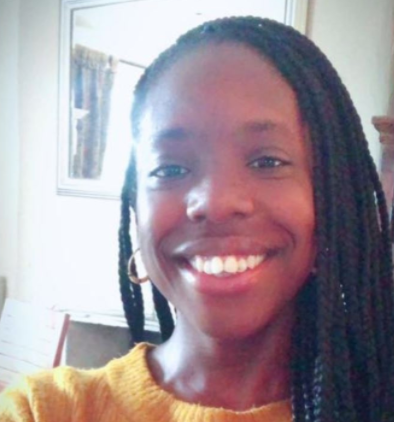This blog post is the third of a four-part blog series highlighting the work of four mobile network operators (MNOs) featured in our latest report, Partnering During Crisis: The Shared Value of Partnerships between Mobile Network Operators and Humanitarian Organisations. This blog series will shed light on each MNOs current engagement and future vision on their involvement in the humanitarian space, as well as their role in supporting the response to COVID-19.
Read the full report in English, and the executive summary and Jawwal/Paltel Group case study in Arabic.
Interview with Ammar Aker, CEO of Paltel Group.
The humanitarian situation in Palestine is unique. The Palestinian Territories have been under long-standing occupation with periods of increased tensions, including the continuous conflict and blockage in Gaza. Paltel Group, the leading telecommunications corporation in Palestine, which includes the mobile network operator (MNO) Jawwal, has worked actively and consistently in both the humanitarian and development sector by engaging in long-term programmes as well as rapid response, in times of need.
GSMA: As an organisation, what are you most proud of in terms of your engagements with humanitarian/development actors in Palestine?
Ammar: Paltel Group is committed to investing in programmes that respond to the needs of our community and we established the first Palestinian corporate Foundation in 2008 to help support us in our mission. Our responsible practices make us feel proud to be a key player in Palestine in terms of engagement with humanitarian and development partners in terms of both the impact we have made and the results we have achieved. We are particularly proud of:
- Our work with vulnerable groups, especially youth, women, children and persons with disabilities. We believe that economic empowerment helps in social empowerment especially for youth and women and so understand the importance of targeting such groups with a specific focus on initiatives that target the economic empowerment of these groups.
- Our focus on education, as we believe education is key to the development of Palestine. We have invested in a range of education programmes for different age groups at both school and university levels, including a coding education programme and vocational training via a partnership with the Palestinian Ministry of Education and the United Nations Relief and Works Agency for Palestine (UNWRA).
- The responsibility we feel for developing the technology sector in Palestine as a tool for development. For instance, Jawwal has developed several products and services for those in need of humanitarian assistance, available through its commercial arm and Paltel Group’s Foundation.
GSMA: What have been the biggest lessons that you have learned from working with humanitarian/development actors?
Ammar: We have many lessons learnt from working in development for the past two decades. However, there are three lessons that cut across almost everything we do:
- Education is a key area to keep present in our humanitarian and development work and so we ensure a significant part of our work dedicated to initiatives where education of some sort is included.
- Technology and its relationship to economic development are the future of the Palestinian development process and this is why we invest in technology and entrepreneurship programs for school and university students.
- Partnerships are very important in humanitarian and development programs and we focus on partnerships in all we do. We are engaged in a number of partnerships across a number of programmes and sectors ranging from partnerships with local non-governmental organisations (NGOs) to large international NGOs (INGOs) including various UN agencies.
GSMA: Do you have any plans for future work in this space?
Ammar: Our work in humanitarian and development fields never stops and forms a major pillar in our strategic plans and the company’s vision. This has been a major component of our work and we give it a priority in our budgeting, planning and involvement with the community. We started planning all our social work to be in line with the UN Sustainable Development Goals (SDGs) and have already initiated partnerships with different international stakeholders including the UNDP and UNICEF.
GSMA: What are you currently doing or planning to do in regards to support the response to COVID-19?
Ammar: We are supporting the response in a number of different ways including:
- Maintaining a responsible work environment for our employees and stakeholders (e.g. vendors) through the development and execution of a robust emergency plan that is lead by senior management level across Paltel Group.
- We work with the community on raising awareness of COVID-19 including reiterating key messages in our communications. We are also ensuring health and safety is at the forefront of all our commercial and non-commercial operations.
- We have provided direct financial support to the national emergency fund, which includes funds voluntarily raised by our employees.
To find out more about Jawwal/Paltel Group Palestine’s experiences working with humanitarian organisations, read the full report in English and the executive summary and Jawwal/Paltel Group case study in Arabic. Also, check out the first two blogs in this four-part series, featuring spotlights on Zain Cash Iraq and Vodacom Mozambique, and look out for the final blog to be published in the coming weeks.
You can also hear a discussion between Jerry Mobbs, Managing Director of Vodacom Mozambique, Yazen Altimimi, CEO of Zain Cash Iraq and Belinda Baah and Max Cuvellier of the GSMA on these topics.



